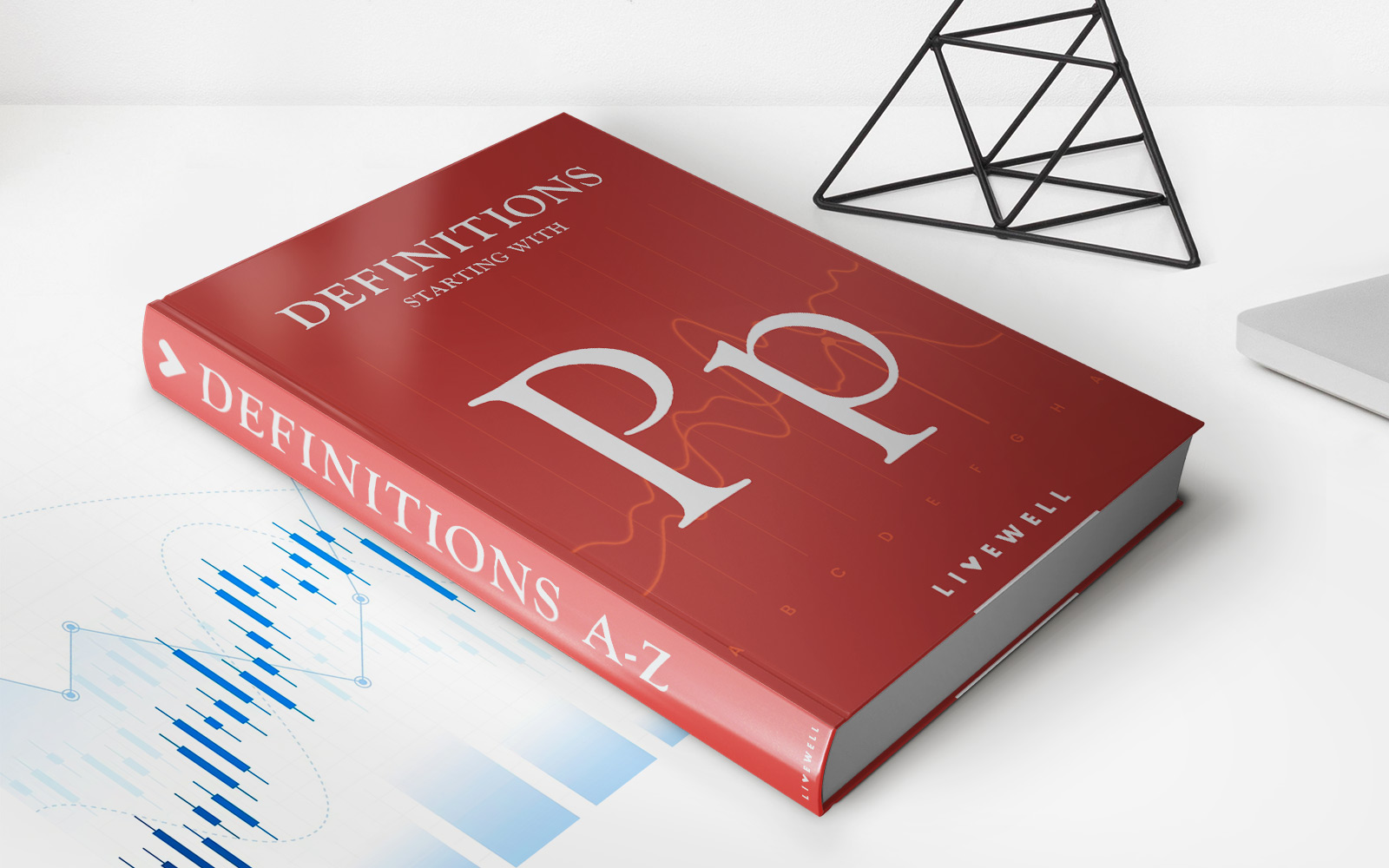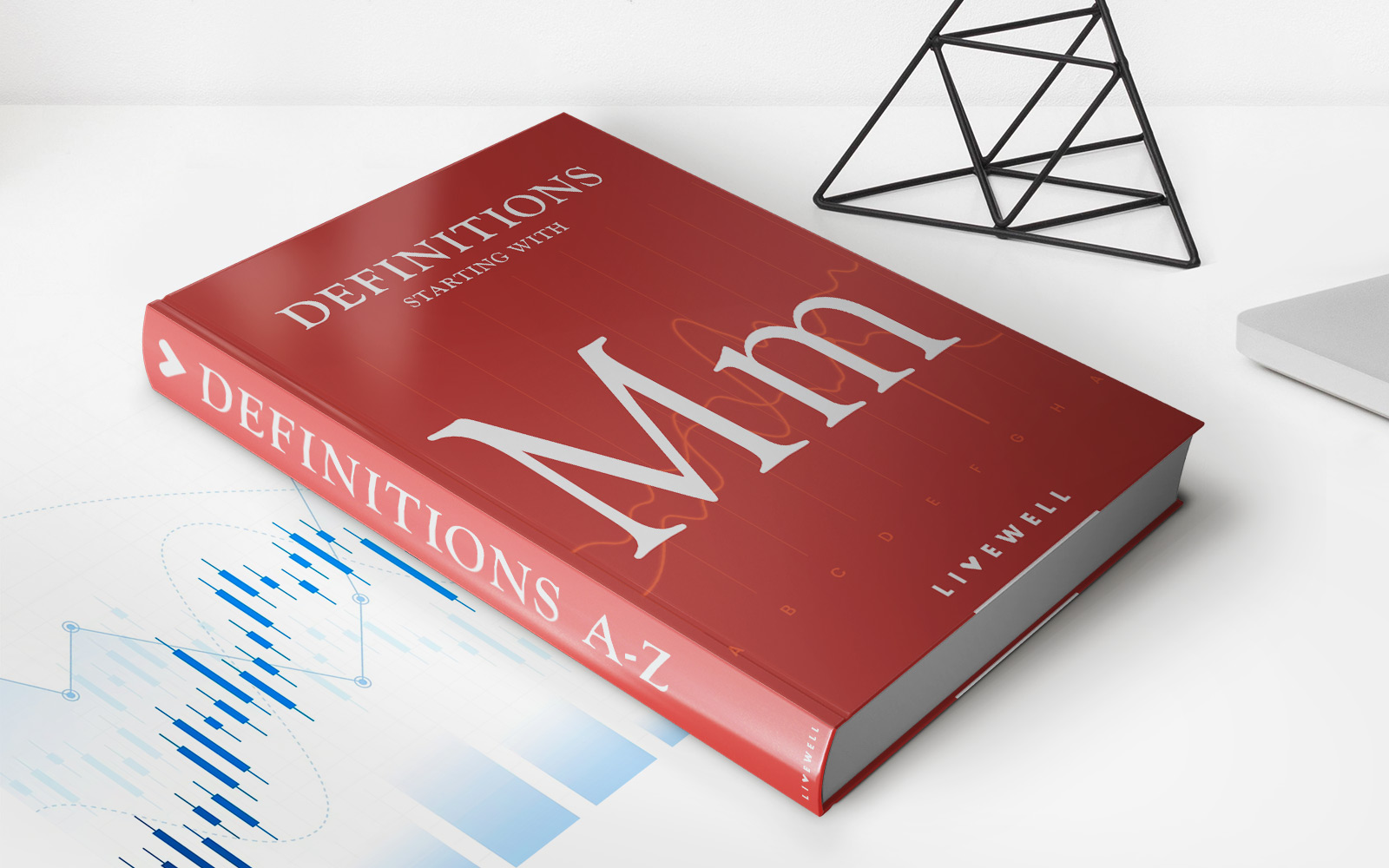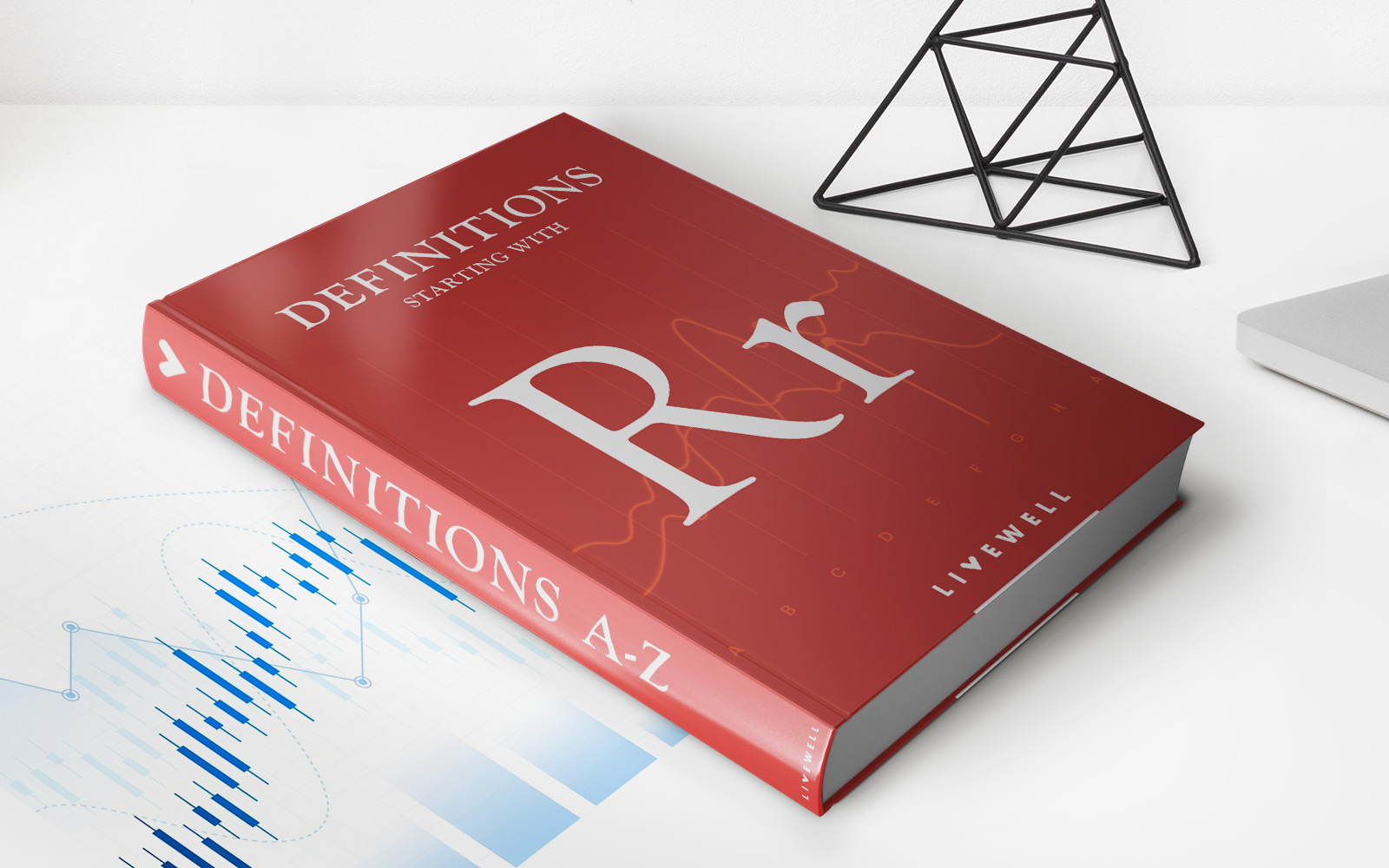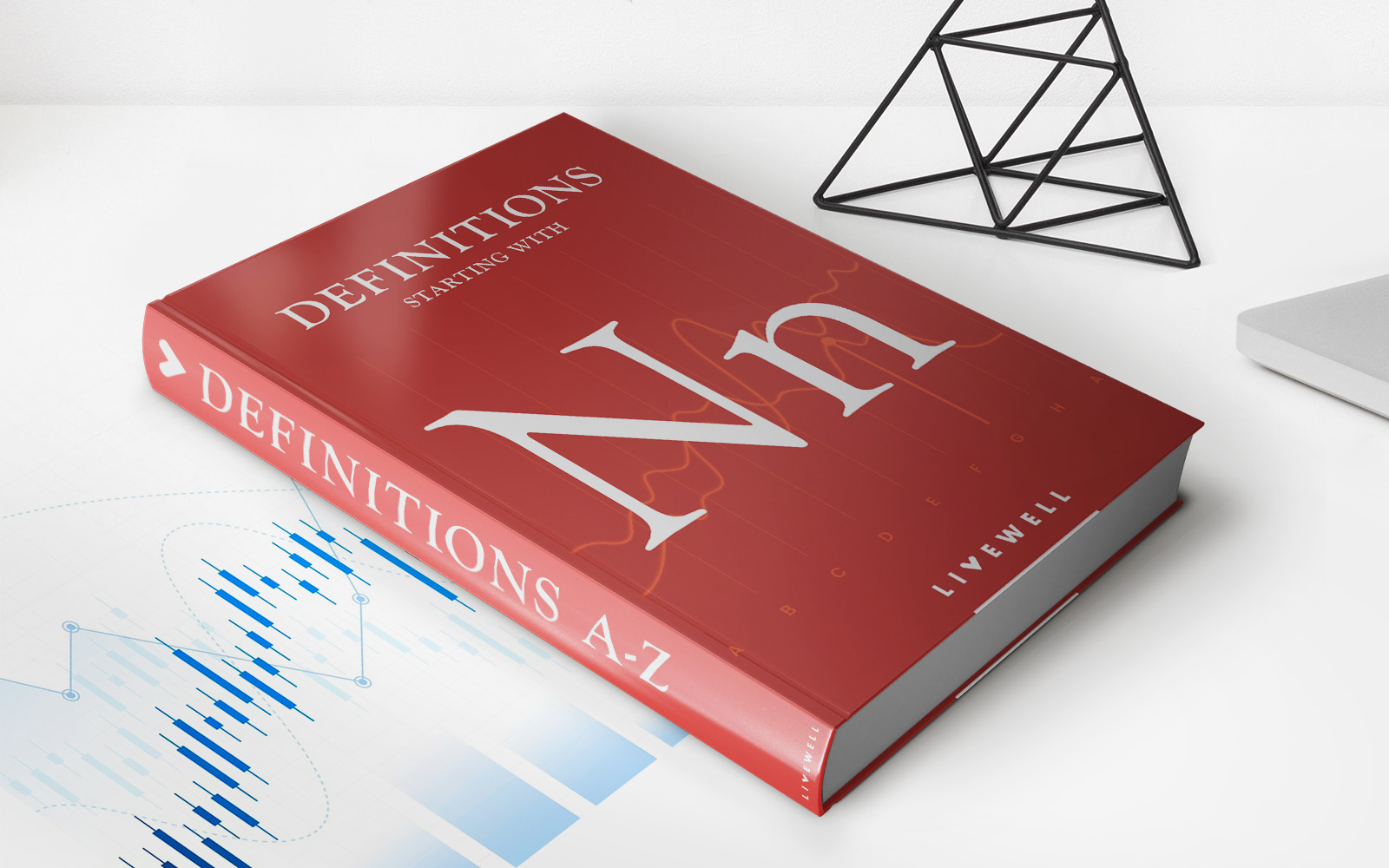

Finance
What Is The Grace Period Insurance
Published: February 20, 2024
Learn about the grace period in insurance and how it affects your finances. Understand the importance of this provision for your financial security.
(Many of the links in this article redirect to a specific reviewed product. Your purchase of these products through affiliate links helps to generate commission for LiveWell, at no extra cost. Learn more)
Table of Contents
**
Introduction
**
In the realm of insurance, the concept of a grace period holds significant importance for policyholders. It serves as a safeguard, offering a buffer of time during which individuals can make their insurance premium payments without facing immediate policy cancellation. Grace period insurance, therefore, plays a pivotal role in ensuring continuity of coverage for policyholders, providing them with a safety net in the event of financial constraints or oversights.
This article delves into the intricacies of grace period insurance, shedding light on its definition, purpose, functionality, as well as its advantages and limitations. By comprehensively exploring this aspect of insurance, readers will gain a deeper understanding of how grace period insurance operates and its impact on policyholders.
As we embark on this exploration, it's crucial to recognize the fundamental role that grace period insurance plays in the insurance landscape. This grace period not only offers a degree of flexibility to policyholders but also serves as a mechanism to mitigate the risk of sudden lapses in coverage due to unforeseen circumstances. Understanding the nuances of grace period insurance is essential for anyone seeking to navigate the complexities of the insurance domain effectively.
Definition of Grace Period Insurance
Grace period insurance refers to a specified duration, typically ranging from 30 to 90 days, during which an insurance policy remains in force even if the policyholder fails to pay the premium by the due date. This period acts as a protective buffer, allowing policyholders to make late payments without facing immediate repercussions such as policy cancellation or coverage termination. It essentially serves as a safety net, offering a temporary extension beyond the premium due date to prevent an abrupt loss of coverage.
During the grace period, the insurance policy remains active, enabling the policyholder to retain the benefits and protections outlined in the policy agreement. Despite the overdue premium, the coverage remains intact, providing a crucial window for policyholders to rectify their payment status and avoid potential gaps in coverage.
It’s important to note that the specifics of grace period insurance can vary depending on the type of insurance and the terms outlined in the policy contract. Different insurance providers may have varying grace period durations and conditions, making it essential for policyholders to familiarize themselves with the details of their specific grace period provisions.
Purpose of Grace Period Insurance
The primary purpose of grace period insurance is to offer policyholders a safety net in situations where they encounter challenges in making timely premium payments. Financial constraints, unexpected emergencies, or simple oversights can all lead to temporary difficulties in meeting payment deadlines. In such scenarios, the grace period provides a crucial window of opportunity, allowing policyholders to rectify their payment status without facing immediate repercussions.
By granting this extension, insurance providers aim to prevent abrupt lapses in coverage that could leave policyholders vulnerable in the event of unforeseen incidents. The grace period serves as a mechanism to maintain continuity of coverage, ensuring that policyholders have the opportunity to address their payment obligations and retain the benefits and protections offered by their insurance policies.
Additionally, the purpose of grace period insurance aligns with the principle of customer support and retention. It acknowledges the reality that individuals may encounter temporary financial setbacks or oversights and aims to provide a reasonable opportunity to remedy the situation without severe penalties.
Furthermore, from the perspective of insurance providers, offering a grace period can contribute to fostering long-term relationships with policyholders. By demonstrating flexibility and understanding during challenging times, insurance companies can enhance customer satisfaction and loyalty, ultimately contributing to a positive reputation within the industry.
Overall, the purpose of grace period insurance is rooted in providing a temporary reprieve for policyholders facing payment challenges, safeguarding their coverage continuity, and fostering positive relationships between policyholders and insurance providers.
How Grace Period Insurance Works
Grace period insurance operates as a predefined window of time following the premium due date, during which the insurance policy remains active despite the non-payment of the premium. This period typically ranges from 30 to 90 days, offering policyholders a reasonable timeframe to address their payment obligations without immediate repercussions.
When a policyholder misses the premium due date, the grace period comes into effect, providing a temporary extension beyond the deadline. During this period, the insurance coverage remains in force, allowing the policyholder to retain the benefits and protections outlined in the policy agreement. This means that, despite the overdue premium, the policyholder remains covered for the specified risks and contingencies outlined in the policy.
It’s important for policyholders to understand that while the grace period provides a temporary reprieve, it does not absolve them of their payment obligations. The overdue premium must be paid within the grace period to maintain uninterrupted coverage. Failure to make the payment within this extended timeframe can lead to policy cancellation or coverage termination, leaving the policyholder vulnerable to potential risks and liabilities.
Furthermore, the specifics of how grace period insurance works can vary based on the type of insurance and the terms outlined in the policy contract. Different insurance providers may have varying grace period durations and conditions, underscoring the importance of familiarizing oneself with the details of the specific grace period provisions associated with their policy.
Overall, the functionality of grace period insurance revolves around providing policyholders with a temporary buffer to address late premium payments and maintain continuity of coverage, emphasizing the importance of timely payment within the extended timeframe to avoid potential lapses in insurance protection.
Benefits of Grace Period Insurance
Grace period insurance offers several notable benefits to policyholders, contributing to its significance within the insurance landscape.
- Continuity of Coverage: One of the primary benefits of grace period insurance is the preservation of continuity in coverage. It provides policyholders with a temporary extension to rectify late premium payments, preventing immediate lapses in insurance protection. This continuity is crucial in safeguarding individuals and their assets against unforeseen risks and liabilities, ensuring that they remain covered during the grace period.
- Financial Flexibility: The grace period offers a degree of financial flexibility to policyholders, acknowledging that individuals may encounter temporary challenges in meeting payment deadlines. This flexibility can be particularly valuable during unexpected financial setbacks or emergencies, providing a vital window to address payment obligations without facing immediate consequences.
- Prevention of Penalties: Grace period insurance helps prevent immediate penalties or repercussions resulting from missed premium payments. It serves as a buffer, allowing policyholders to rectify their payment status without facing immediate policy cancellation or coverage termination, thereby mitigating potential adverse effects on their insurance status and financial security.
- Coverage Review and Adjustment: During the grace period, policyholders have the opportunity to review their coverage, address any concerns, and potentially make adjustments to their policy if needed. This period can facilitate communication with the insurance provider to ensure that the policy aligns with the policyholder’s current needs and circumstances.
These benefits underscore the importance of grace period insurance in providing policyholders with a safety net during challenging times, promoting financial resilience, and maintaining the continuity of essential insurance protections.
Drawbacks of Grace Period Insurance
While grace period insurance offers valuable benefits, it is important to acknowledge the associated drawbacks and considerations that policyholders should bear in mind.
- Accrual of Interest or Fees: In some cases, insurance providers may impose interest or late payment fees during the grace period, potentially adding to the financial burden for policyholders who are already facing payment challenges. It’s essential for policyholders to review the terms of their grace period provisions to understand any additional costs that may accrue during this period.
- Risk of Coverage Termination: Despite the temporary extension provided by the grace period, failure to rectify the overdue premium within the specified timeframe can lead to policy cancellation or coverage termination. This poses a risk of leaving the policyholder vulnerable to potential gaps in coverage, particularly during the grace period.
- Impact on Claims Processing: During the grace period, the processing of claims related to the insurance policy may be impacted. Delays in premium payments can affect the efficiency of claims processing, potentially leading to complications in accessing insurance benefits during this period.
- Complexity of Policy Terms: Understanding the specific provisions and conditions of the grace period within an insurance policy can be complex. Policyholders may encounter challenges in navigating the nuances of grace period insurance, necessitating a clear understanding of the terms outlined in the policy contract.
These drawbacks highlight the importance of proactive management of insurance premiums and a thorough understanding of the implications of utilizing the grace period. While it provides a temporary reprieve, policyholders should be aware of the potential financial implications and risks associated with late premium payments during this period.
Conclusion
Grace period insurance stands as a vital component of the insurance landscape, offering policyholders a crucial safety net during challenging times. By providing a temporary extension beyond the premium due date, this mechanism safeguards the continuity of coverage, acknowledging the reality that individuals may encounter temporary financial constraints or oversights.
While the benefits of grace period insurance, including continuity of coverage and financial flexibility, are significant, it is essential for policyholders to approach this provision with a clear understanding of its implications. The potential drawbacks, such as the accrual of interest or fees and the risk of coverage termination, underscore the importance of proactive management of insurance premiums and a thorough comprehension of the grace period provisions within their policies.
Ultimately, grace period insurance serves as a balancing act, providing policyholders with a degree of flexibility while necessitating timely action to address overdue premiums. It reflects the commitment of insurance providers to support their policyholders during temporary challenges, emphasizing the importance of maintaining open communication and proactive management of insurance obligations.
As individuals navigate the complexities of insurance, understanding the nuances of grace period insurance is essential for making informed decisions and ensuring the uninterrupted protection of their assets and well-being. By recognizing the purpose, functionality, benefits, and drawbacks of grace period insurance, policyholders can approach their insurance obligations with clarity and resilience, leveraging the temporary reprieve offered by the grace period to navigate financial challenges effectively.














